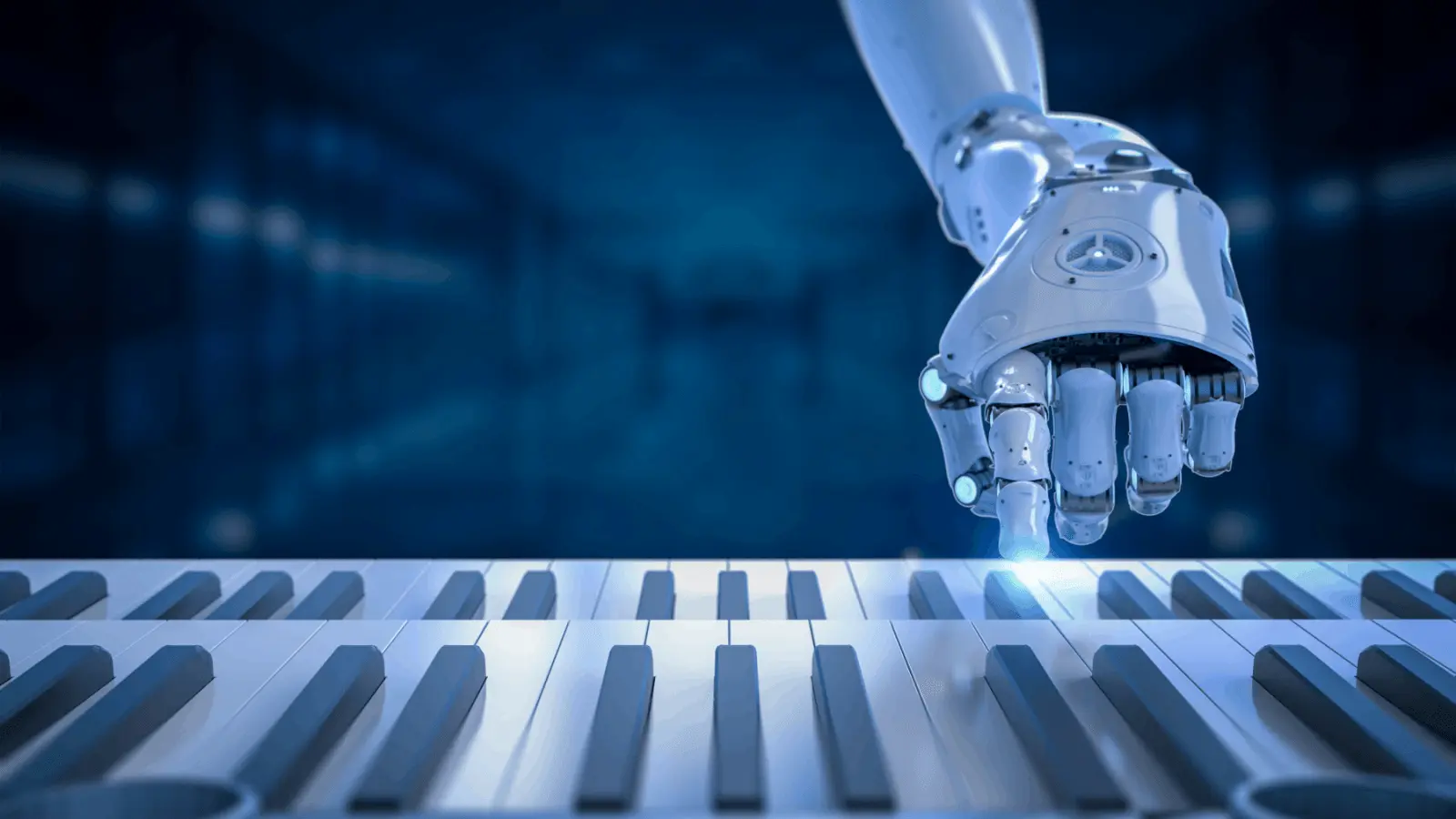AI's Most Ambitious Music Generators Accused of 'Massive' Infringement In New Lawsuit
AI's Most Ambitious Music Generators Accused of 'Massive' Infringement In New Lawsuit

AI's Most Ambitious Music Generators Accused of 'Massive' Infringement In New Lawsuit
